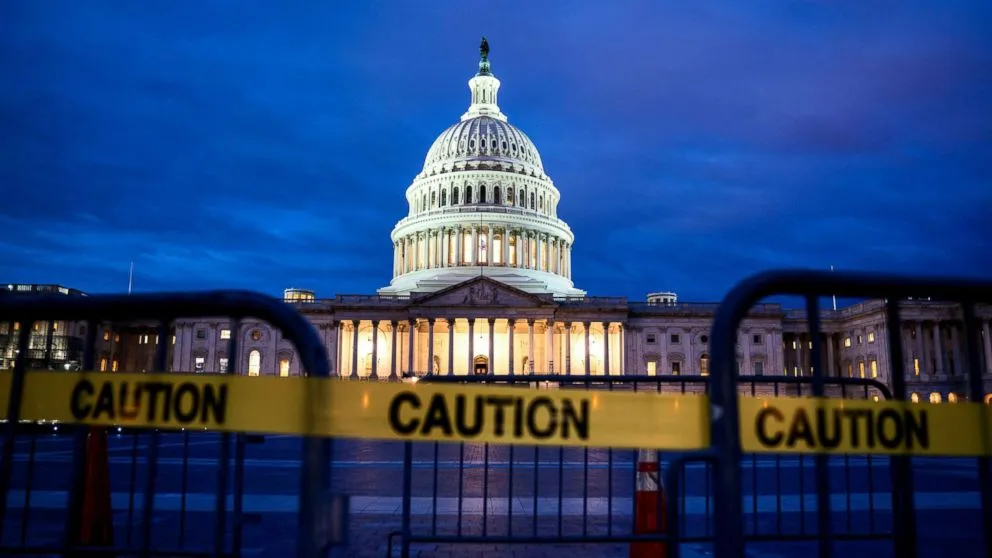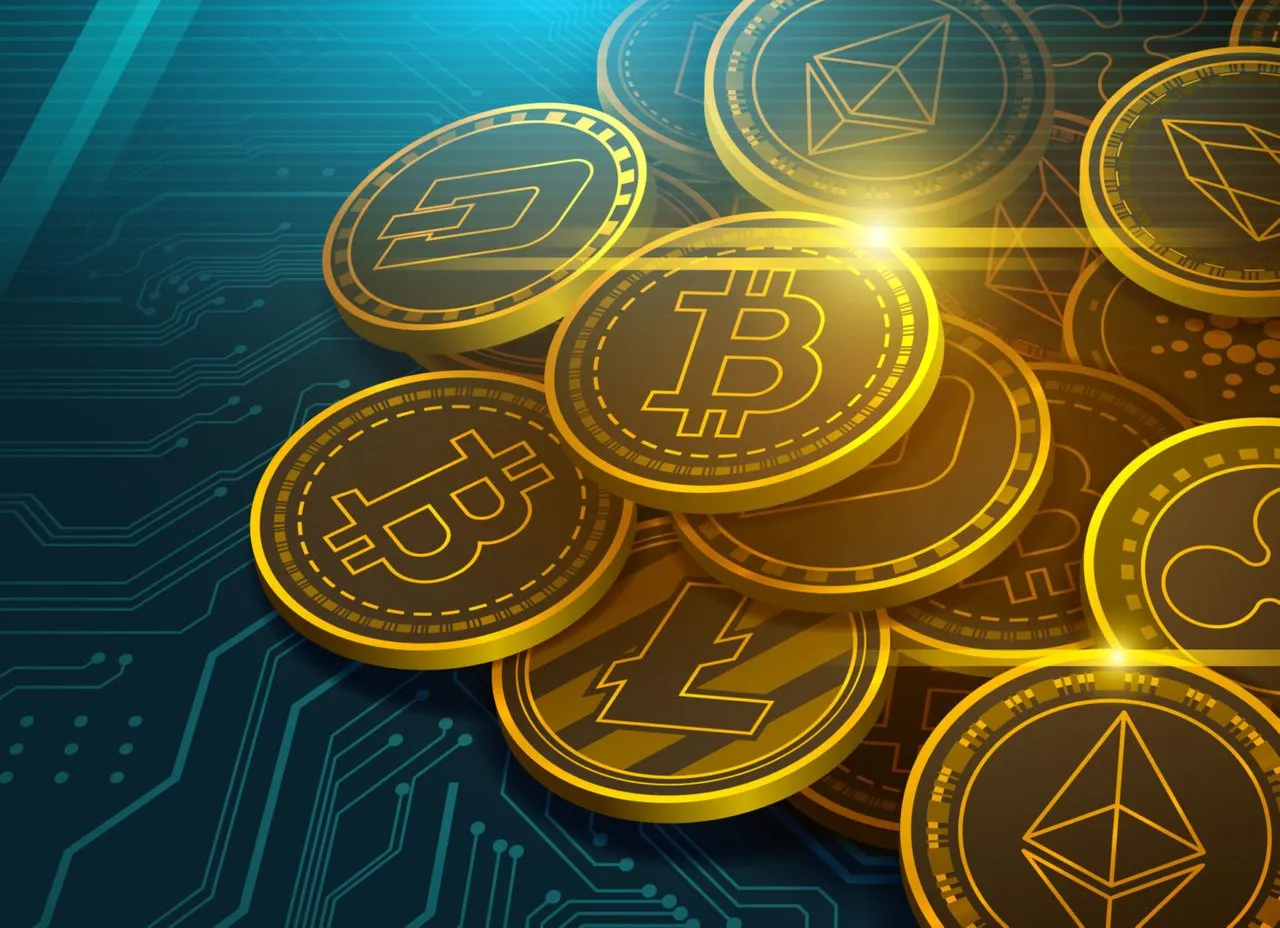This is a question I see being raised with greater regularity as I surf around the Internet. With all that is taking place, it does raise some very interesting questions.
Governments are going to get very desperate. No matter what model they follow, we see global corruption to a degree we never witnessed before. Over the last few decades, all governments have grown in size and power. The response to COVID-19 is putting them in a tough situation.
No matter what politicians say, to government, it is all about control. To maintain control, i.e. remain in office, political leaders of all shapes rush to dole out goodies. Essentially they bribe the populous. It is highly effective because, after all, who doesn't like free stuff?
The challenge is that all those promises come at a cost. With the present situation, we are seeing tax revenues drop like a rock. Since people are locked down, they are not engaging in activities like they did before. This is not only having an impact on the business in industries such as hotels, theme parks, airlines, and restaurants, it also affects the taxes raised.

This means major shortfalls in the budgets. Of course, this would be okay if the government balance sheets were sterling to begin with. That was not the case. Decades of financial promises left cities and states a total mess. Now it is about to increase 5 fold.
For example, the state of New York is facing a deficit of $37 billion over the next two years. Remember the fight with Amazon over the tax concessions they would receive? The victors in that battle took a lap proclaiming how they stopped corporate giveaways. I guess the idea that a reduction in taxes is not the same as handing someone the money.
did not occur to these people. And certainly the concept of receive $13 billion from a company over the same time period mentioned is not note worthy.
This is a story repeating itself across the globe. Pensions are severely underfunded even with the stock market at all time highs. What happens when we see another market crash, which will happen at some point?
All this leads to one simply outcome. There will be no choice but to severely raise taxes and cut spending. All those promises that were made, toss them out the window. People are going to realize how their trust was completely misplaced.
Which brings up the trustless form of currency. There is no doubt that cryptocurrency offers something governments are not interested in. It is a pathway to freedom, which is opposite of the goal of governments. They want control and cryptocurrencies are an obstacle in this process.
Up until this point, there was little done to try and attack crypto other than the lies in the media. Some countries did take a hard stance but they are not the norm. Could this change?
It is said that government does not like competition. This appears to be true. Governments eliminate anything that threatens their power. After all, they build the jails and have most of the guns. Every major country has a taxing authority such as the Internal Revenue Service. Cross paths with this entity in the wrong way and freedom is lost.
With governments getting desperate, they are apt to take on financial maneuvers that tend not to work out. Like anyone in a desperate situation, riskier behavior is undertaken in an attempt to hit the proverbial "homerun". Governments are no different.

The Eurozone is leading the charge into the abyss. Since 2014, the area has operated under negative interest rates in an effort to stimulate the economy. It has not worked. The negative interest rates created a growth rate of maybe 1%, effectively putting the nominal GDP negative. Of course, this was all before COVID-19.
As a result of COVID-19, travel around the EU is being limited. Merkel and other leaders in the north have basically banned travel by their citizens to the south. What does anyone think this will do to the economies of Spain, Italy, and Greece, countries that were not thriving before the pandemic?
Being an advocate of cryptocurrency and the potential it holds, I see a way out of this mess. Naturally, this is a path that is not in the best interest of government and politicians. We have a system based upon scarcity and economic slavery, something they are very comfortable keeping. Economist keep coming up with different theories that the political hacks follow, all furthering the problem. Whatever you call it, "kicking the can down the road economics" ends up collapsing.
Many state that cryptocurrency cannot be banned. The technological design is such that is out of the reach of governments. This could be true although it becomes much tougher if all governments band together. However, since we see such polarization, some will likely take the opposite view as others simply out of spite.
That said, governments can make things very uncomfortable. As they say, not all need to be shot, just the first row. After that, everyone gets the message. Governments could implement very hard penalties for having cryptocurrency or engaging in crypto transactions. While some might still flock to it, this would scare most away. For example, if conducting a Bitcoin transaction got someone 20 years in prison, most would think twice about it.
While having the technological ability is one thing, there is still always the social aspect to consider. If the technology cannot be stopped, fear and terror can be used to alter human behaviors. This does not change regardless of what technology does.

Of course, the blow back on governments is when a large percentage of the population basically said "screw off". They might be able to hand out a few 20 year sentences, but they cannot lock up a hundred million people. The answer to tyranny is always large numbers.
This is one of the reasons why I keep discussing the idea of more bags being filled with more cryptocurrency. Whatever the tokens, the greater number of them out there, the harder it is for governments to scare people away. If there are 10 million cryptocurrency holders, that is one thing. However, the situation completely changes if there are 1 billion people involved.
To me, it is a race. While governments are trying to figure out which end is up, development and distribution can keep taking place. Each day, more cryptocurrency exists than the day before. While this might not be reflected in market prices compared to a particular fiat currency, it is an added mode for transacting value. Ultimately, the value of any transaction comes down to an agreement between the parties involved.
In one of the stimulus bills, the idea of digital wallets were inserted. Fortunately, it was taken out before the bill became law. While proponents espoused the idea of making direct payments, there is a darker side. A digital wallet direct from the government to individuals cuts out the middle man. While this is usually a good thing, the challenge here is the government would be free to not only monitor the transactions but stop them. This is something people find hard to believe yet it is highly probable. Fall on the wrong side of what is considered politically correct and you will find yourself without means to a banking system. Just ask the legalize pot growers what that is like.
The rumblings are already there. What does everyone think? Will there be an effort to eliminate cryptocurrencies by governments as they realize their situation is more desperate?
If you found this article informative, please give an upvote and rehive.

gif by @doze
